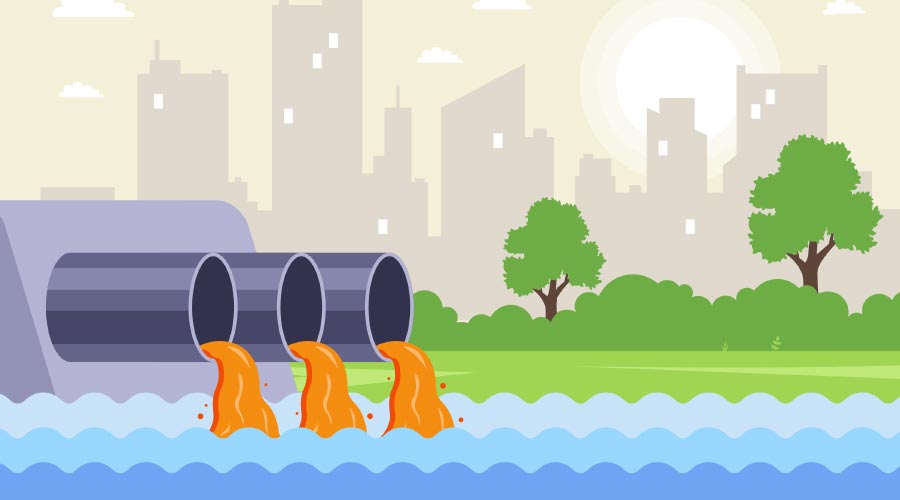
While proper commercial cleaning can have a positive impact on both the safety and appearance of facilities, the state of New Hampshire is looking into the potential dangers from wastewater after practices such as floor stripping and carpet cleaning. As reported by New Hampshire Bulletin, the Department of Environmental Sciences detected high levels of polyfluoroalkyl substances (PFAs) stemming from the wastewater produced from cleaning tasks.
Findings from the agency's Drinking Water and Groundwater Bureau noted that wastewater tested from carpet cleaning registered PFAs of 130,000 parts per trillion, while floor stripping and refinishing wastewater produced totals of 230,000 parts per trillion. For comparison, the standards for drinking water in New Hampshire stand between 11-18 parts per trillion, estimating the wastewater measurements to be 6,5000 higher for carpet cleaning alone.
Commercial cleaning businesses typically receive one-time permits from the Department of Environmental Sciences for the discharging of wastewater, with a total of 2,5000 given across the state. The concern, however, is how many of those permits were given prior to realizing the high prevalence of PFAs in the wastewater. Complicating the issue further is the lack of consistent labeling on chemical ingredients for PFAs, or on safety data sheets (SDS).
Additional testing is expected to be completed over the next month, with most of the findings so far coming from public schools. The department has future plans to test wastewater PFAs from commercial cleaning tasks in grocery stores and similar facility types. Ultimately the objective of the investigation is to raise awareness about the high prevalence of PFAs in commercial cleaning wastewater, and subsequently develop guidance about the safe disposal of said waste.
For additional information about protection from PFAs, click here.

 The Down and Dirty on Cleaning in Virus Season
The Down and Dirty on Cleaning in Virus Season How Surfactant Use is Expanding in Commercial Cleaning
How Surfactant Use is Expanding in Commercial Cleaning Clean Buildings Conference
Clean Buildings Conference